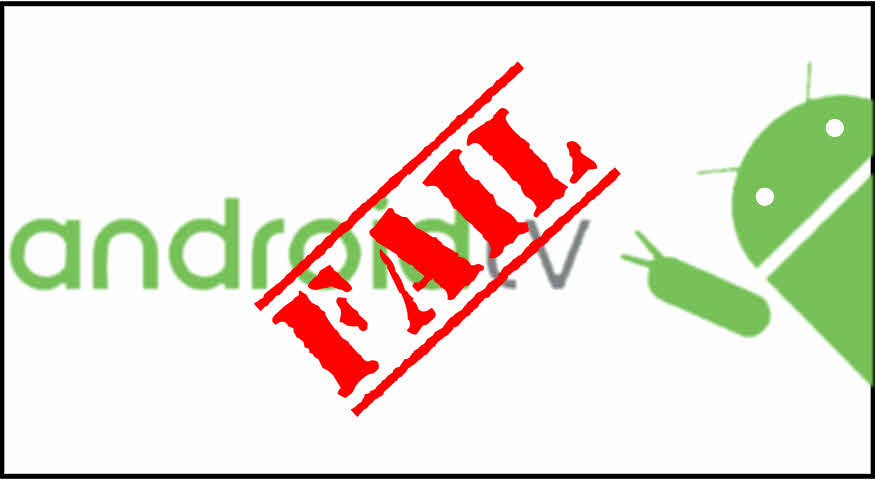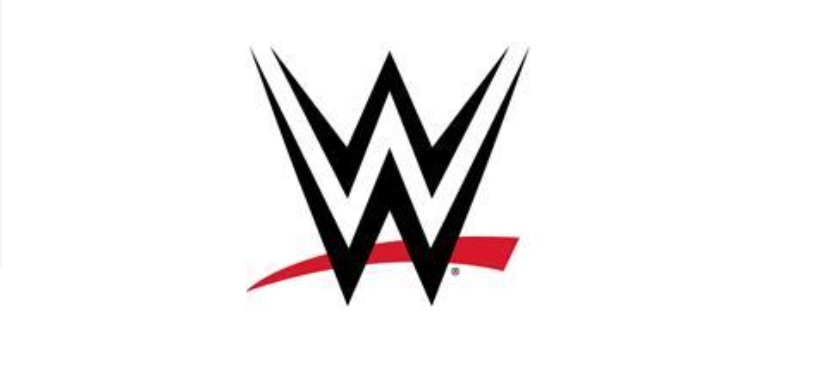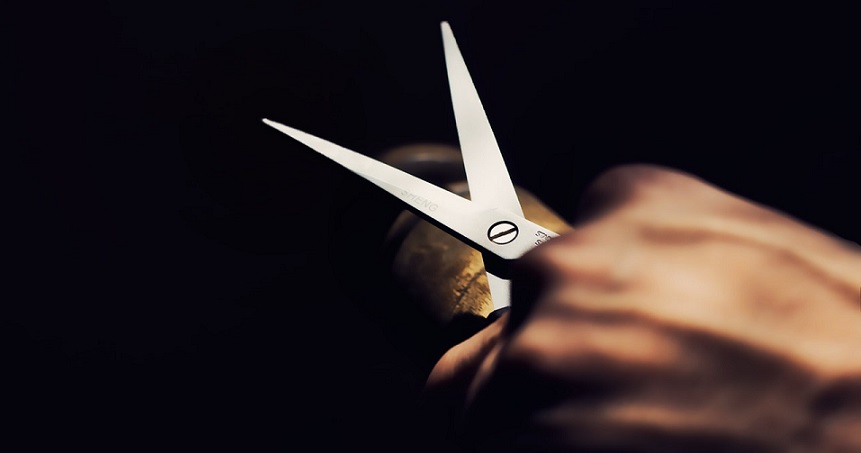Over Three years ago I began laying the groundwork for The Streaming Advisor because I noticed something. The media landscape was about to change. At the time, there was a barely reported narrative about how some people were experimenting with using antennas for TV and adding Netflix via the Nintendo Wii or the Roku Box. Cord cutting was barely considered a thing. It was just cheapskates or people who were out of work trying to save money during a down economy according to those at the big media companies.
Now three short years later things are very different. The cable giants and pay TV world fully acknowledge that there are cord-cutters but I think that they still misunderstand exactly what the industry is dealing with. There are a lot of people who call themselves cord-cutters but they are hardly one group. And how and how well the pay TV industry and the streaming services understand who they are dealing with will help choose winners in the new media landscape.
First what is not a cord cutter
Some people think that because someone likes streaming that they are a cord cutter. they look at Roku sales or Netflix subscription numbers and say look at all the people cutting cable! This ignores the millions of people who subscribe to one streaming service or another in addition to their cable package and that population is vast.
The Different types Of Cord Cutters
The moved ons
These are people who have had cable for years and realized that as the bills have gone up they rarely turn on the TV for anything other than the local news. Some of them were cord-cutters before it was hipster chic. There are no kids in the house anymore to watch Nickelodeon, the premium channels dont have movies that they enjoy anymore and they are not sports fans. These are the reading is better for you crowd. They are not counter-cultural as much as done. Lets face it, what is considered entertainment changes over time and TV and movies do not look like they did 20, 40, 50 years ago. And given a choice between keeping the air conditioner going during a hot summer or in some cases the heat (we all know those people) and paying a $200.00 monthly bill they walk away from it never to come back. They might give Netflix a look when their grandson stops by though. Not all of these people are elderly. They are just people who dont care to keep up with the Kardashians or for that matter the Lannisters. They are not going to be walking through that door cable.
Pirates
There are some people who decide that cable is too expensive and as long as they are not going to pay for cable then they should not pay for anything other than their Internet access. But as opposed to depending on antennas and just deciding to change their entertainment they choose instead to grab all of it from the Internet for free. Some claim that art should be free to the world and that anything that comes on TV or appears on a screen is art. Some concentrate on the money associated with studios and the actors involved in the various movies and TV shows that they consume and feel that because say an actor or say Warner Brothers is already rich that they wont suffer from not making money off of them. They consider it an act of social justice. Some even call those who pay for services of any type as suckers. They utilize torrents a bevy of Android-based apps (remember Popcorn Time) and third party applications designed to work with the media server program Kodi, which the creators of kodi have said was not the intention of their open source program. For more on that issue see our story on that topic here. Pirates are not likely to be convinced to try out any service that costs more than zero until the means to get content without paying for it dries up.
Budget Hawks
Budget hawks are the type of cord-cutters who really got the ball rolling. They are the people who looked at rising prices for pay TV services and decided to take a look at how much TV they could watch without $160.00 bills. They like television and tend to lean towards substitutes like Netflix, Hulu and antennas and will give things a look. They are the ones who say things like I wish I could just get the 10-20 channels that I really watch and not pay for 200 channels that I dont. They may even be open to getting back into the pay TV culture if offered a package that could match up with their needs. These are the people that Sling TV, Hulu, Netflix and Amazon have built their video businesses around. They want to be able to talk about the show that everyone is watching but choose to check them out any number of ways from buying a series to stream or watching the next day etc. But the days of price gouging services that raise the bills on committed customers are probably over.
The Cord-Nevers
This is the group that will be very interesting to watch over the next 10-15 years. Cord-nevers are young, busy and have bills to pay. They never bought in on the bundle. Maybe it was that they matured when every show was a reality show. Maybe their parents cut cable during the recession and while they were in college they did not develop an interest in current TV. But what did happen was streaming exploded as they were maturing. So it was cool when they were in school. These people watch TV shows though. Lots of them. A realization of this finally forced the industry to stop calling people who did not pay for cable Non TV Households Some dont own TVs and watch shows via everything from large desktop computers to cell phones. But others are buying the big TVs too. They just never bothered to make that appointment between 9am and Thursday. They became accustomed to binging TV or even waiting till things were on Hulu. So far nobody has done a study to find out exactly what impact the job market has made on TV viewing habits but I believe it has. Because considering the number of younger workers both college-educated and those without secondary education who work more than one job in todays world they would be cheating themselves by paying for a live TV service that they can never be home to watch. If you can never ever see a show unless it is on delay that there is no reason to pay for a Cable package and DVR when services like Hulu are out there for $7.99 or even just waiting until it is available on Netflix and or Amazon etc. These guys use almost every means to get their content from pirating, paid streaming services and everything in between including password sharing. Password sharing is using either a friend or parents password to view content that they are paying for. This goes on with everything from Netflix to TV everywhere services sponsored by cable companies.
As important a medium as TV has been in the US it is a learned habit. For some folks cant fall asleep unless there is one on. Others cant imagine a dinner where they have to talk to, gasp, each other. I enjoyed many tuna casserole or fried chicken dinners watching Gomer Pile, Full House, Saved By The Bell or whatever happened to come on at 5:30 every weekday. This is why the cord-nevers are so important to pay attention to. If they continue to be cord-nevers so might their children. And if that happens the TV industry can set a doomsday clock for the bundle. Because for year, the industry hoped that most people would get cable again when they grew up. Well, watch out because they have.
Is that it?
There are other subgroups of cord cutters but in general, those are the camps that have observed through four years research, conversations with insiders and interactions with readers and face to face conversations with people across the country.






